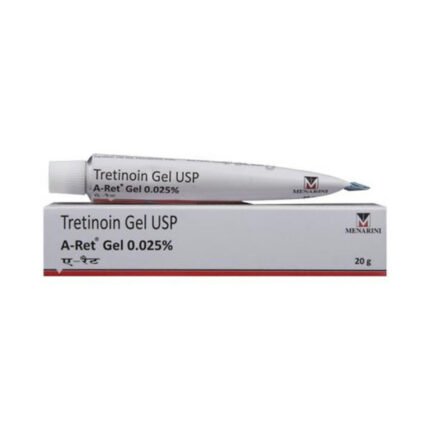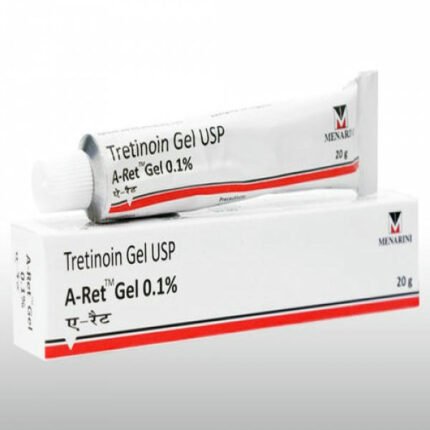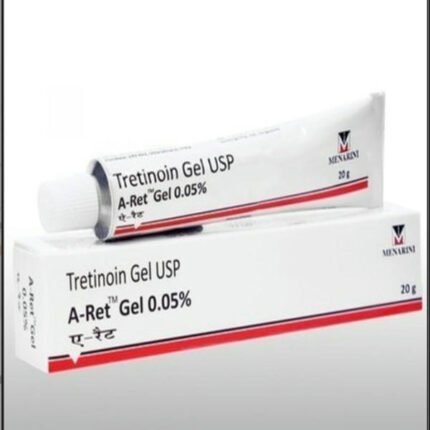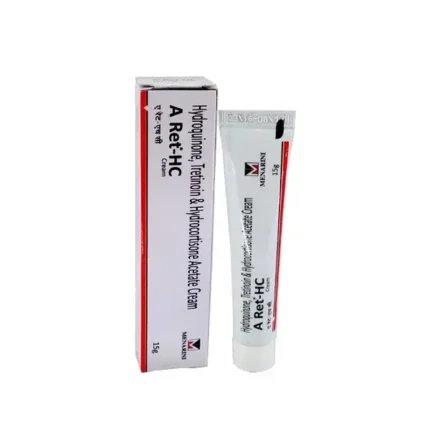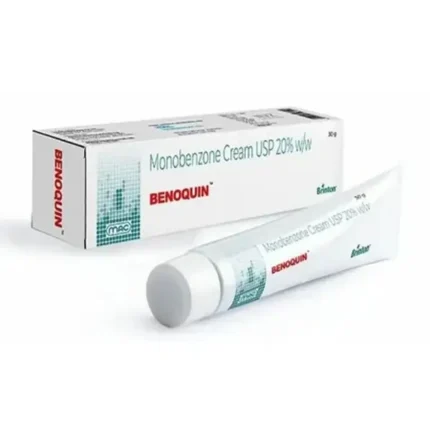Skin Care: Effective Solutions for Healthy, Radiant Skin
Skin care is more than just a cosmetic routine—it’s essential to your overall health and confidence. Whether you’re managing acne, dryness, pigmentation, infections, or signs of aging, choosing the right skin care medication and treatments can restore your skin’s natural glow and strength.
In this guide, we explore top medicated skin care products, their uses, benefits, and why more people are turning to dermatologist-recommended solutions to maintain healthy, beautiful skin.
A Ret 0.025% Gel
Price range: $21.00 through $75.00A Ret 0.1% Gel (Tretinoin)
Price range: $28.00 through $74.00A Ret Gel 0.05% (Tretinoin)
Price range: $23.00 through $76.00A Ret HC Creams (Ydroquinone / Tretinoin / Hydrocortisone)
Price range: $30.00 through $84.00Aceret 25 Mg Capsules (Acitretin)
Price range: $85.50 through $828.00Atarax 25 Mg Injection (Hydroxyzine)
Price range: $12.00 through $38.00Atarax 50 Mg Tablets (Hydroxyzine)
Price range: $30.00 through $216.00Atarax Drops 15 ml (Hydroxyzine)
Price range: $8.00 through $25.00Benoquin Cream (Monobenzone)
Price range: $18.00 through $78.00🌟 Why Skin Care Matters
Your skin is your body's largest organ and the first defense against environmental toxins, infections, and injuries. Proper care ensures:
-
Balanced oil and moisture levels
-
Reduced risk of infections and breakouts
-
Delayed signs of aging, such as wrinkles and dark spots
-
Faster healing of wounds and scars
-
Protection against allergens and irritants
🧴 Common Skin Concerns & Medical Treatments
There are many different skin issues that require targeted treatment. Here’s a breakdown of the most common concerns and the type of treatments typically used:
-
Acne & Pimples: Treated with topical antibiotics and retinoids like benzoyl peroxide, clindamycin, or tretinoin.
-
Eczema & Psoriasis: Often managed with steroid creams (e.g., betamethasone, hydrocortisone) and soothing moisturizers.
-
Fungal Infections: Addressed using antifungal creams such as ketoconazole, clotrimazole, or luliconazole.
-
Pigmentation & Dark Spots: Lightening agents like hydroquinone, kojic acid, and azelaic acid are commonly used.
-
Aging & Wrinkles: Treated with retinoids, vitamin C serums, and peptide-based creams such as retinol or collagen boosters.
-
Dry Skin: Managed with emollients and deep moisturizers like urea cream, glycerin, or petroleum jelly.
-
Rosacea & Redness: Controlled using anti-inflammatory creams, including metronidazole and ivermectin (such as Ivrea Cream).
🏷️ Top Medicated Skin Care Products
Here are some dermatologist-trusted products used for specific skin conditions:
-
Retino A Cream: Contains tretinoin, used for acne, anti-aging, and hyperpigmentation.
-
Melalite Forte: Contains hydroquinone, ideal for treating hyperpigmentation and dark patches.
-
Ketoconazole Cream: A powerful antifungal cream for ringworm, athlete’s foot, and similar infections.
-
Elocon Cream: Contains mometasone, a steroid for treating eczema and skin inflammation.
-
Ivrea Cream: Ivermectin-based cream effective for rosacea and parasitic skin conditions.
-
Fucidin Cream: Contains fusidic acid, which is effective against bacterial skin infections.
-
Lulifin Cream: Luliconazole cream used for treating fungal infections like ringworm and athlete's foot.
-
Benzac AC Gel: Contains benzoyl peroxide, used in acne treatment to reduce bacteria and inflammation.
✅ Benefits of Medicated Skin Care
Using medicated skin care products offers several advantages:
-
Directly targets the root causes, such as bacteria, fungi, or inflammation
-
Provides faster and more reliable results than general cosmetics
-
Often used in combination therapy for complex or resistant conditions
-
Formulated and tested by dermatologists
-
Helps prevent the recurrence of common skin issues like acne, eczema, or infections
💡 Tips for an Effective Skin Care Routine
-
Gently cleanse your face without harsh scrubbing or stripping oils
-
Always moisturize—even if you have oily skin
-
Use a broad-spectrum sunscreen with SPF 30 or higher daily
-
Follow dosage and application guidelines provided by your dermatologist
-
Avoid products with alcohol or harsh exfoliants
-
Stay hydrated and include nutrient-rich foods in your diet
⚠️ Side Effects & Precautions
While medicated skin products are effective, some may cause side effects such as:
-
Redness, flaking, or peeling—common with retinoids
-
Dryness or sensitivity, especially on delicate skin
-
Allergic reactions—always conduct a patch test first
-
Increased sun sensitivity, especially with tretinoin or hydroquinone
Important: Consult with a dermatologist before starting any strong medicated treatment, especially if you have sensitive skin, ongoing conditions, or are using multiple products.
Frequently Asked Questions (FAQs)
Can I use multiple medicated creams together?
Only under a doctor’s guidance. Some combinations (like tretinoin with hydroquinone) work well, but others may increase irritation.
How long before I see visible results?
It depends on your condition, but most users report improvement within 2–4 weeks of consistent use.
Are these treatments safe for long-term use?
Some are safe (like moisturizers or acne products), while others (like steroid creams) are best used short-term only.
Do I need moisturizer if I have oily skin?
Yes. Use an oil-free, non-comedogenic moisturizer to maintain balance without clogging pores.
📝 Conclusion
Healthy skin is not just about appearance—it reflects your inner health and well-being. By combining dermatologist-recommended treatments with a consistent care routine, you can effectively tackle acne, infections, dryness, pigmentation, and signs of aging.
Browse our full range of trusted skin care products today and give your skin the expert care it deserves.


